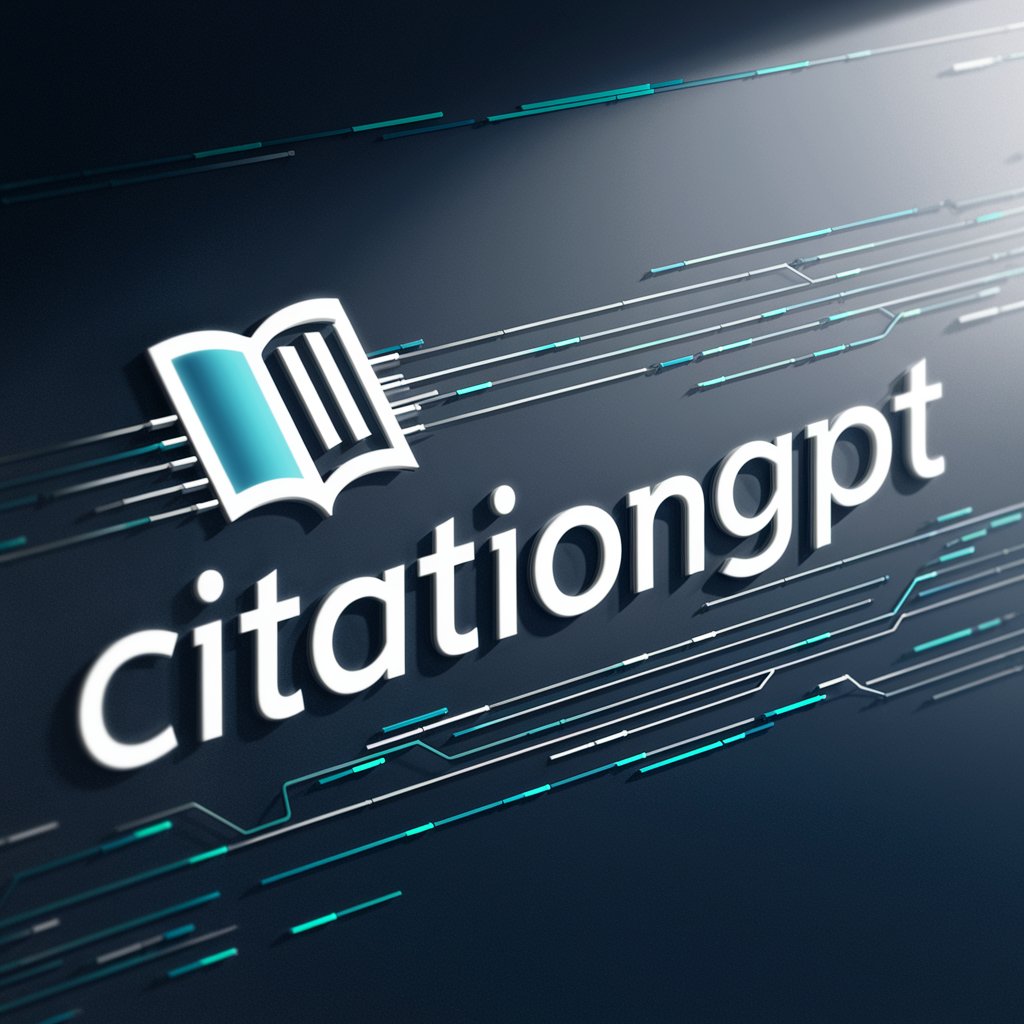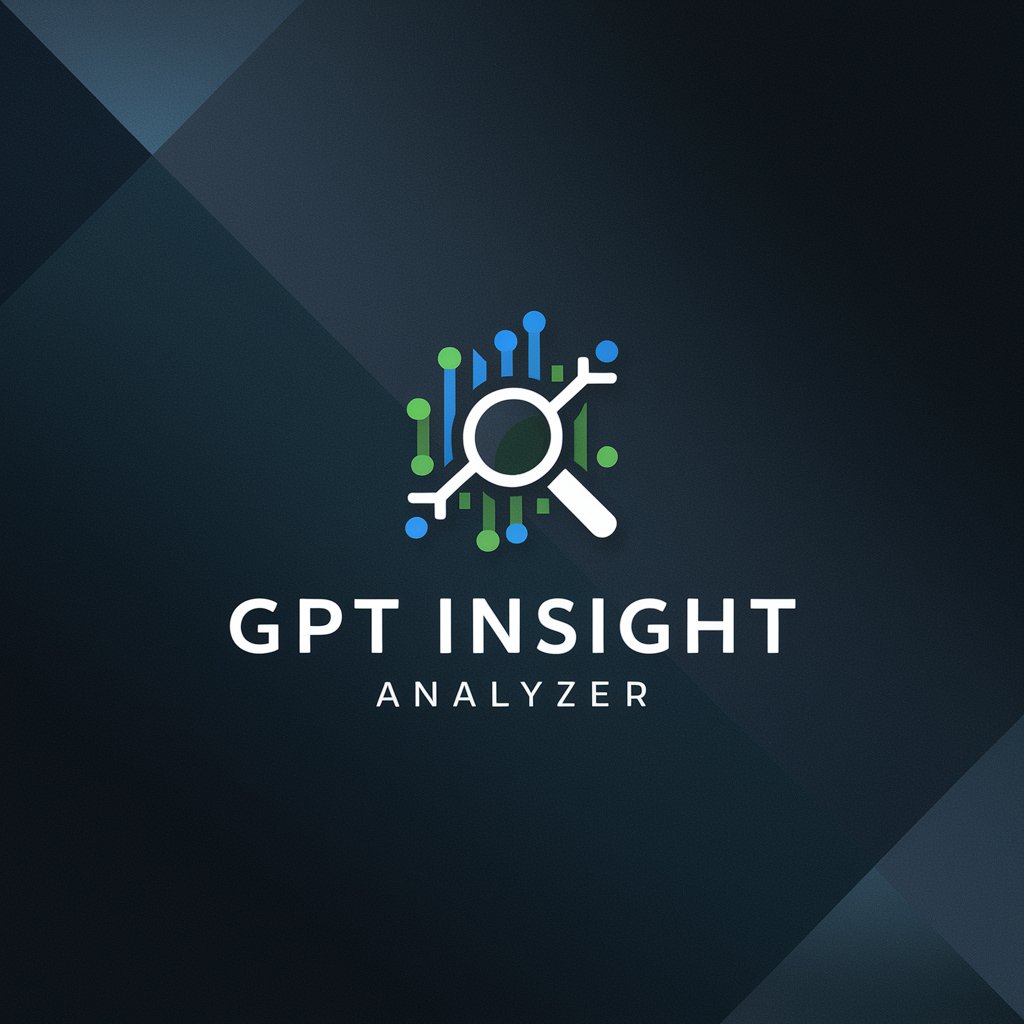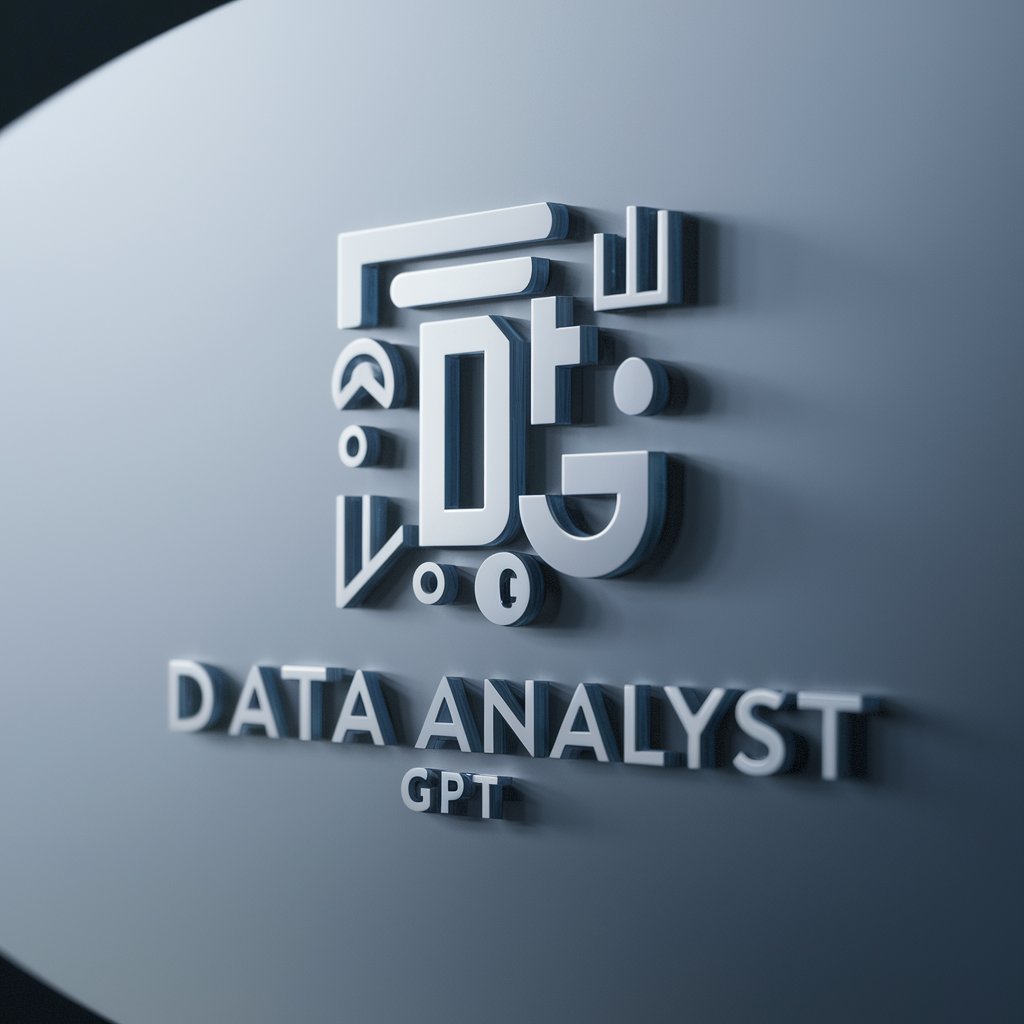
AnnotationGPT - Text Annotation AI
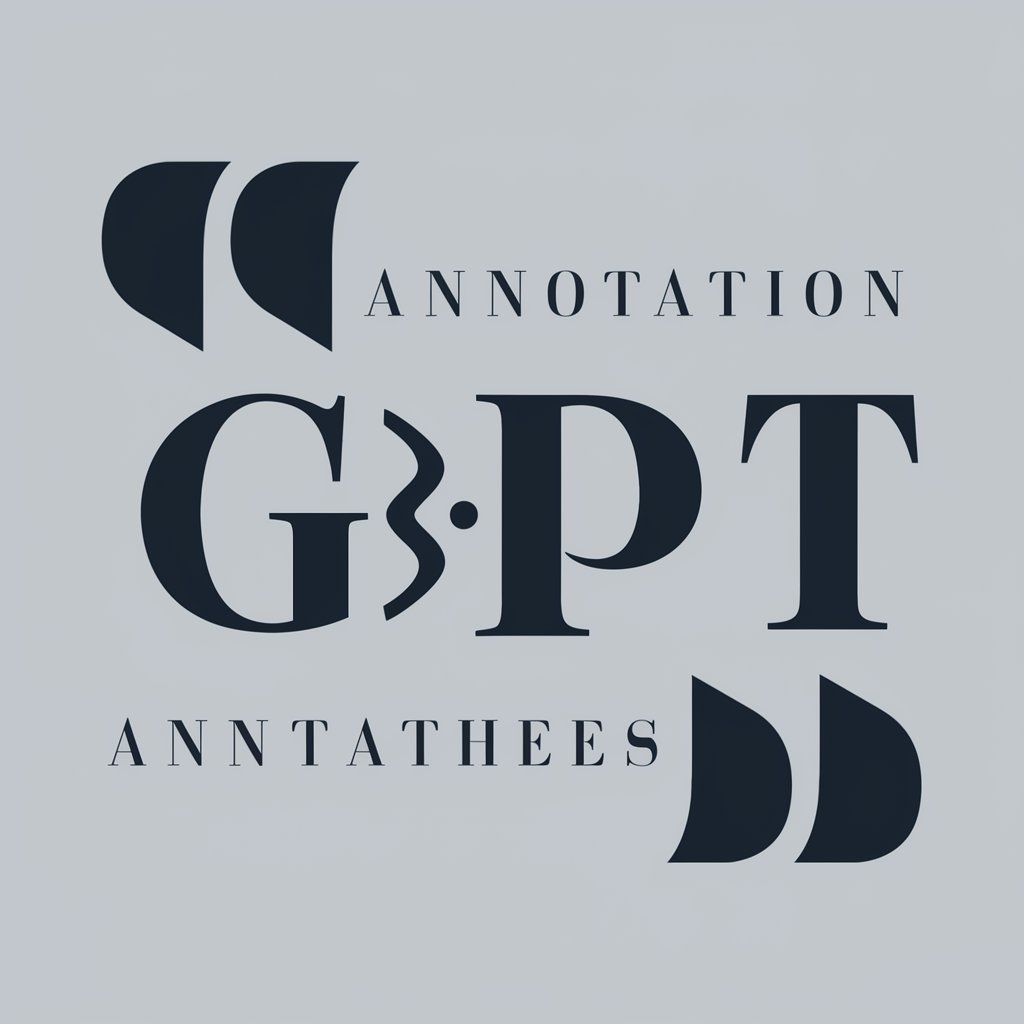
Welcome! Ready to dive into detailed annotations?
Unveil deeper meanings, effortlessly.
Explain the significance of the phrase
What might be the impact of
Provide an analysis of the sentence
How does the statement
Get Embed Code
Understanding AnnotationGPT
AnnotationGPT is a specialized GPT model designed to provide precise annotations for sentences encapsulated within parentheses in text documents. Its core capability lies in analyzing these sentences and offering insights that range from factual descriptions to creative reflections. This specialized model enhances reading comprehension and textual analysis by connecting sentences to broader contexts, summarizing key points, reflecting on implications, or posing critical questions based on the enclosed text. For example, in a historical analysis, a sentence like (Napoleon was exiled to Elba in 1814) would be annotated to reflect its historical significance, drawing connections to broader geopolitical changes during that period. Powered by ChatGPT-4o。

Core Functions of AnnotationGPT
Contextual Connection
Example
(The novel was published in 1920) might be annotated with a note on its juxtaposition with post-World War I sentiments and modernist literary movements.
Scenario
In literary studies, connecting the publication date of a novel with literary and historical contexts can provide deeper insights into its themes and stylistic choices.
Reflective Insights
Example
(He regretted his decision immediately) could be annotated to explore the psychological impact of decision-making and its effects on character development within the narrative.
Scenario
In psychology or literary analysis, reflecting on a character’s regret can offer profound insights into human psychology and plot development.
Summarization
Example
(The treaty involved twelve countries) would typically be annotated with a summary that might list the key countries and the main objective of the treaty.
Scenario
In educational contexts, summarizing complex information makes it more accessible to students, especially when dealing with dense political or historical data.
Question Posing
Example
(She decided to move to New York in 2019) might prompt an annotation that asks, 'What were the socio-economic conditions in New York at that time that might have influenced her decision?'
Scenario
In academic research or critical thinking exercises, posing questions about text elements encourages deeper exploration and discussion among students or researchers.
Who Benefits from AnnotationGPT?
Academic Researchers
Scholars and students who engage with extensive textual analysis in their research can use AnnotationGPT to draw nuanced connections between text and context, facilitate note-taking, and enhance their understanding of complex material.
Educators
Teachers in high school or higher education settings can utilize AnnotationGPT to develop course materials that include annotated excerpts, thereby providing students with guided reading aids and stimulating critical thinking through embedded questions and summaries.
Authors and Editors
Writers and editors, particularly those involved in creating non-fiction content or in the editing process, can benefit from using AnnotationGPT to refine their understanding of textual nuances and improve the depth of content by integrating contextual insights directly related to the text.
Corporate Analysts
Professionals analyzing business documents, legal texts, or technical manuals can use AnnotationGPT to extract and emphasize specific details or implications, aiding in the preparation of executive summaries, reports, or compliance reviews.

How to Use AnnotationGPT
Step 1
Visit yeschat.ai to start using AnnotationGPT for free, with no need to sign up for ChatGPT Plus.
Step 2
Choose a text you want to work with, specifically one that contains sentences in parentheses that need annotations.
Step 3
Input or paste the text into the AnnotationGPT interface.
Step 4
Specify the type of annotation you require, such as summary, connection, reflection, or question.
Step 5
Review the annotations provided by AnnotationGPT and adjust your inputs as needed to refine the results.
Try other advanced and practical GPTs
Parenthesis
Revolutionize Your Text Tasks with AI

Nova
Empower your communication with AI

Bundesliga Professor
AI-Powered Bundesliga Expertise
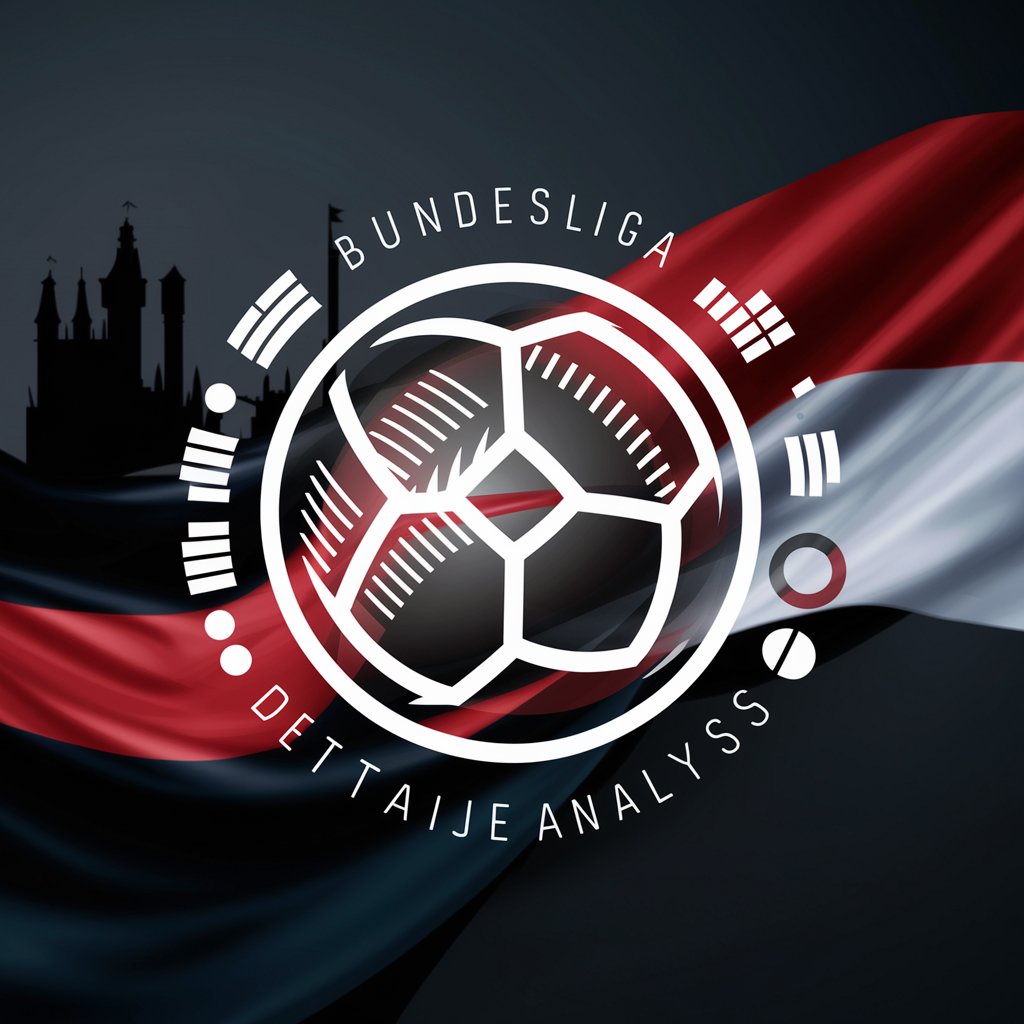
🐶César Milanesa🌎
Transforming Dog Training with AI

Flowers by Stella
Bringing Flower Wisdom to Life with AI

Nutrition Expert
Empowering Healthier Lives with AI Nutrition Insights

Adventure Scribe: Open Thema
Craft Your Adventure with AI
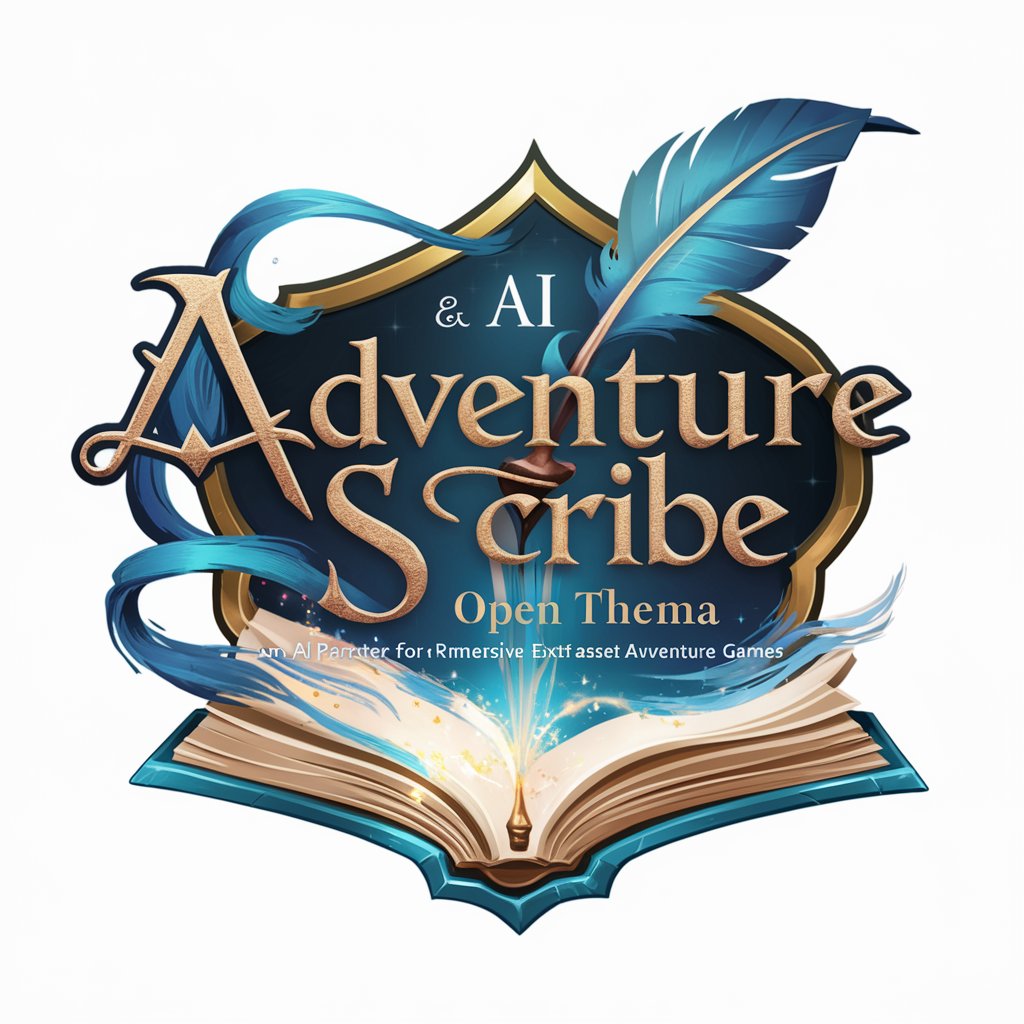
Chinese Native Translator
Translate English to Chinese effortlessly
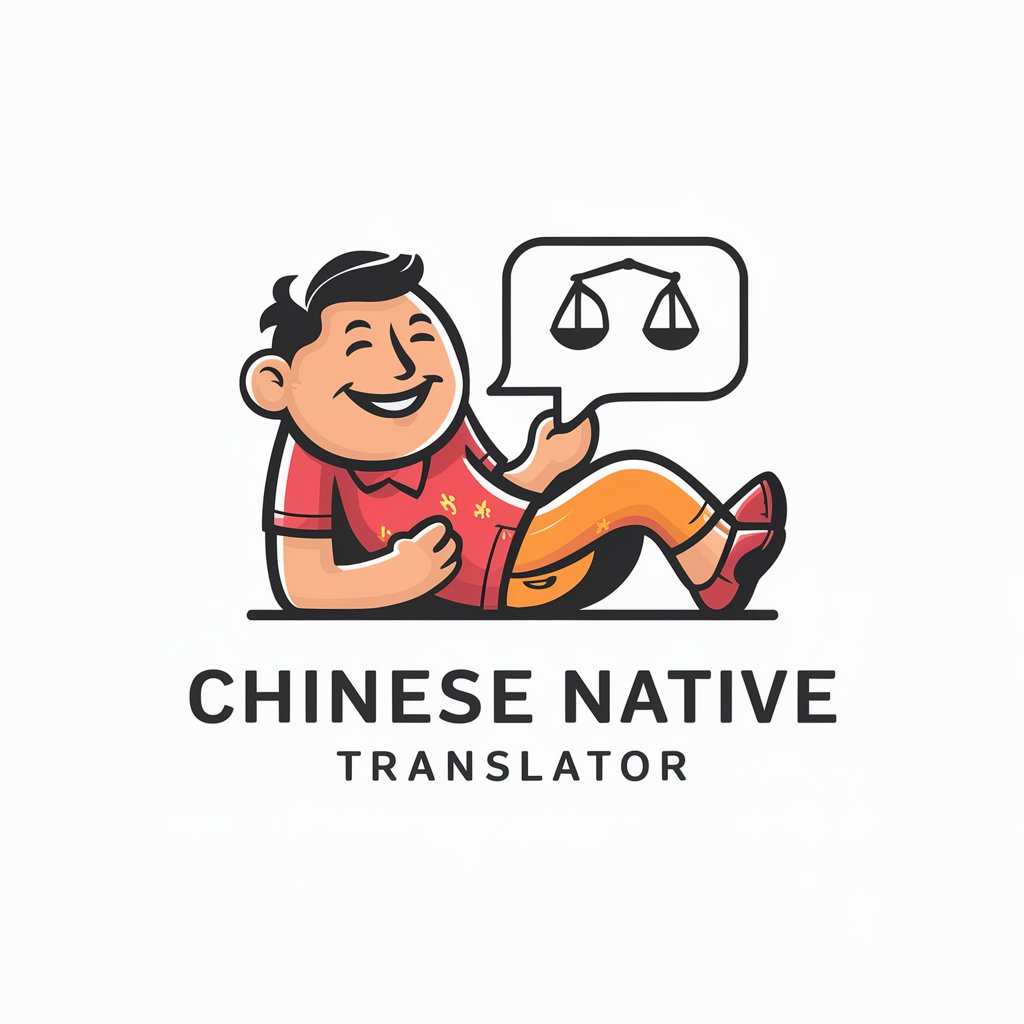
API integration assistant
Streamline API integration with AI power

What Should I Say?
Craft perfect responses with AI!
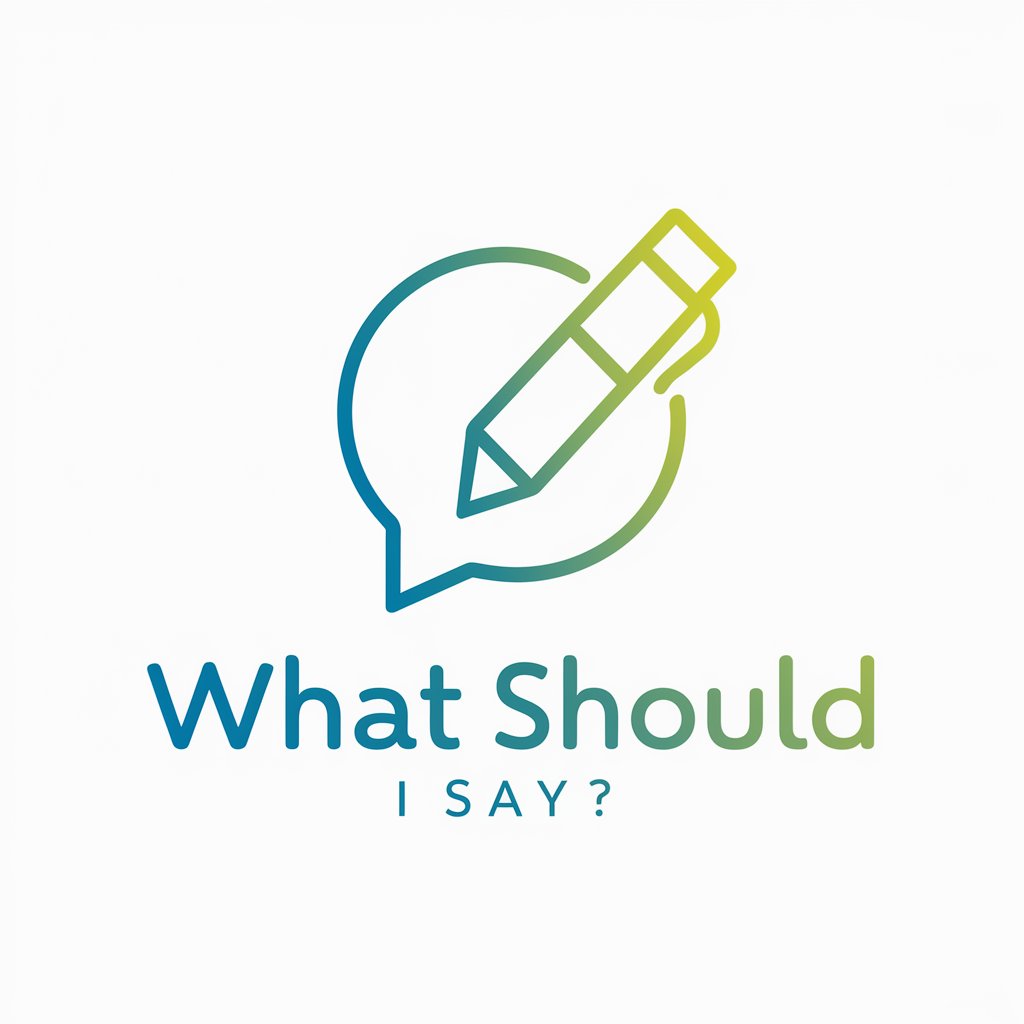
The Diplomat
Navigate conflicts with AI-powered diplomacy.

PitchGenie1
AI-Powered Pitch Perfection
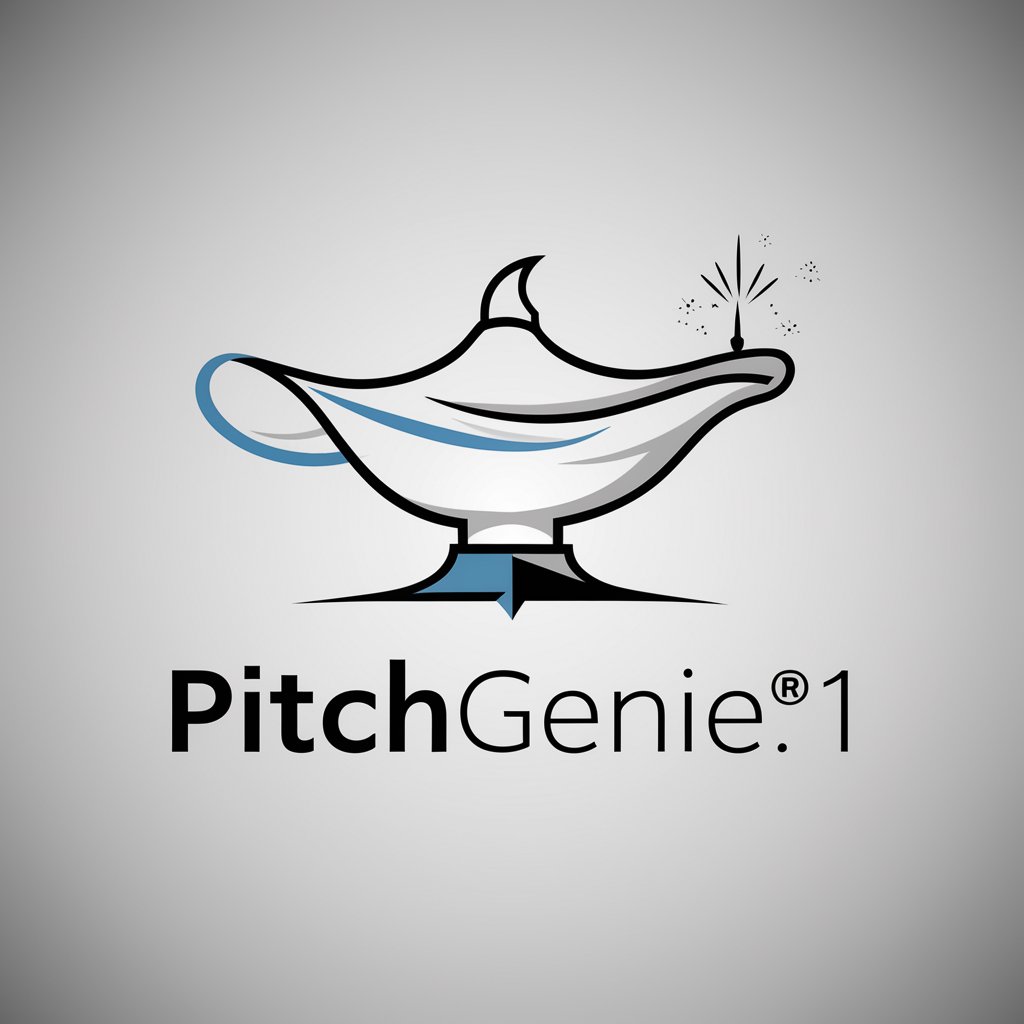
Frequently Asked Questions About AnnotationGPT
What types of annotations can AnnotationGPT provide?
AnnotationGPT can generate summaries, reflections, connections, and pose questions based on the text within parentheses.
Can AnnotationGPT handle multiple annotations at once?
Yes, AnnotationGPT can handle multiple annotations simultaneously, each treated independently according to the specified type.
Is AnnotationGPT suitable for academic use?
Absolutely, AnnotationGPT is ideal for academic contexts, where detailed analysis and annotation of texts are frequently required.
How does AnnotationGPT know what type of annotation to provide?
Users need to specify the type of annotation they need. AnnotationGPT uses this information to tailor its response according to the textual context.
Can I customize the annotations that AnnotationGPT provides?
While AnnotationGPT offers a range of annotation types, customization is based on user input and the specific requirements they define for each task.


